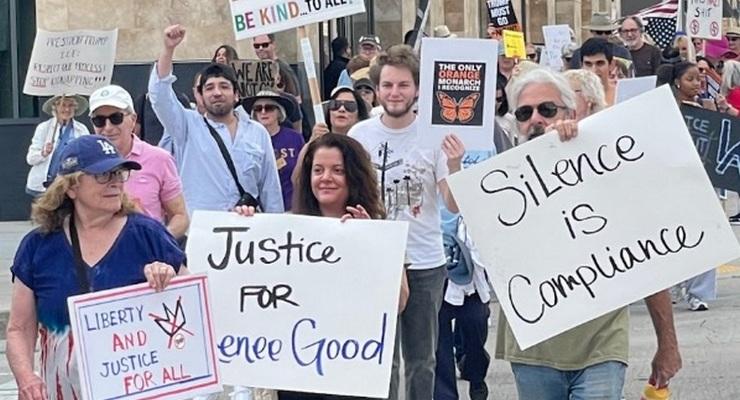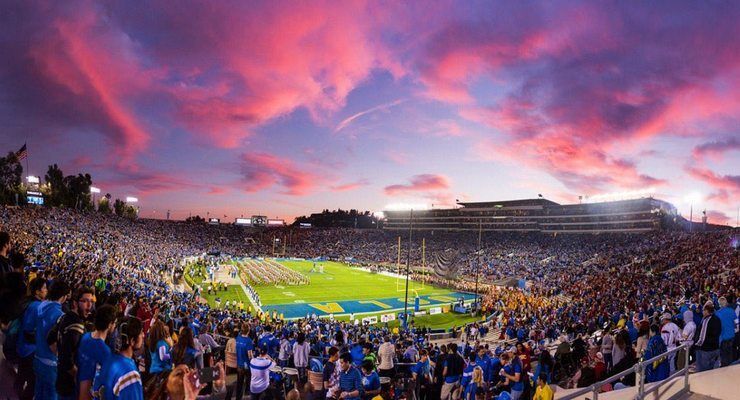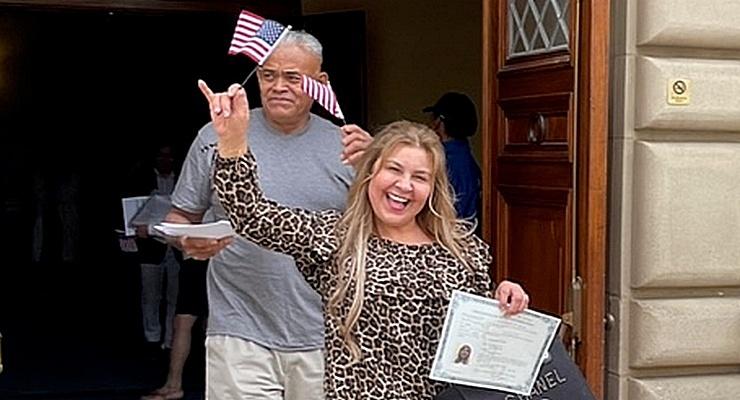
Southern California Edison (SCE) has announced a new compensation program for victims of the devastating Eaton Fire that swept through Altadena and Pasadena communities. The fire claimed 19 lives, destroyed nearly 9,500 structures, and caused widespread business disruption throughout the region.
The utility company’s Wildfire Recovery Compensation Program promises direct payments to survivors for home and business destruction, partial structural damage, business interruption, smoke and ash damage, and injuries and fatalities. SCE has retained experts who previously worked on large-scale compensation funds, including those established for 9/11 victims, to develop the program.
However, experienced wildfire attorneys are strongly urging fire victims to consult with legal experts before participating in the voluntary program. The lack of specific details about the program’s structure raises significant concerns about potential trade-offs that could severely impact victims’ ability to fully recover their losses.
“Victims need to understand what they’re potentially giving up before they make any irreversible decisions about this compensation program,” said Gerald Singleton, founding partner of Singleton Schreiber. “These utility compensation programs often require participants to waive their fundamental right to seek justice through the courts, sometimes for far less compensation than they deserve.”
One of the primary concerns involves the potential requirement for participants to waive their right to pursue legal action against SCE in the future. Many utility compensation programs require participants to sign comprehensive liability waivers, preventing them from filing lawsuits against the company even if future investigations reveal gross negligence or deliberate misconduct.
Past wildfire compensation funds have consistently provided significantly lower payouts than what victims might recover through litigation. These programs typically undervalue destroyed property, long-term losses, and the devastating personal hardship experienced by survivors and their families.
The timing of when victims would be required to waive their litigation rights remains dangerously unclear. SCE has not specified whether rights would be waived upon application, only after accepting a compensation offer, or through some other process that allows victims to review offers before making binding decisions.
Legal experts emphasize that compensation programs rarely cover the full scope of damages caused by wildfires. Emotional distress and trauma, punitive damages designed to hold wrongdoers accountable, loss of use and enjoyment of property, diminished property values, and additional economic losses often fall completely outside program parameters.
California’s prohibition on “double recovery” means victims cannot be compensated twice for the same loss. If SCE’s fund pays for destroyed property, victims cannot later sue for that same property damage, though litigation might still allow pursuit of damages not addressed by the program.
Singleton Schreiber is the nation’s preeminent wildfire litigation firm, having represented over 30,000 victims of wildfires and recovered over $3 billion in settlements and verdicts for clients. The firm has played a significant role in litigation resulting from virtually every major fire in the western United States since 2007, and currently represents thousands of victims affected by wildfires in California, Colorado, Hawaii, New Mexico, Oregon, and Washington.
“We understand how devastating fire losses can be and will work with victims to navigate the process of recovery,” Singleton explained. “From individuals who were forced to evacuate and were temporarily displaced to those who have lost their homes and businesses, suffered personal injury, or lost loved ones, we have the resources and experience to help pursue recovery against utility companies.”
With hundreds of accomplished attorneys all across the United States, Singleton Schreiber has resources that may be helpful for individuals, businesses, and public entities seeking to pursue recovery for damages caused by wildfires.
The compensation program comes as the community continues to recover from the fire’s aftermath. Thousands of residents and business owners face the challenge of rebuilding while navigating insurance claims and potential legal remedies.
The Eaton Fire left families and businesses facing unimaginable hardship. While SCE’s compensation program may offer a path to recovery for some, it also carries serious risks.
Before making a potentially irreversible choice, victims may want to consult with experienced wildfire attorneys. Victims interested in learning more about their options can contact Singleton Schreiber for a free consultation to discuss how the SCE program may affect their individual claims and whether pursuing litigation might be a better path forward for their specific circumstances.
Paul Starita is a Partner at Singleton Schreiber with over 29 years of experience as a trial attorney. He exclusively represents plaintiffs in catastrophic personal injury and mass tort matters in State and Federal courts.


















